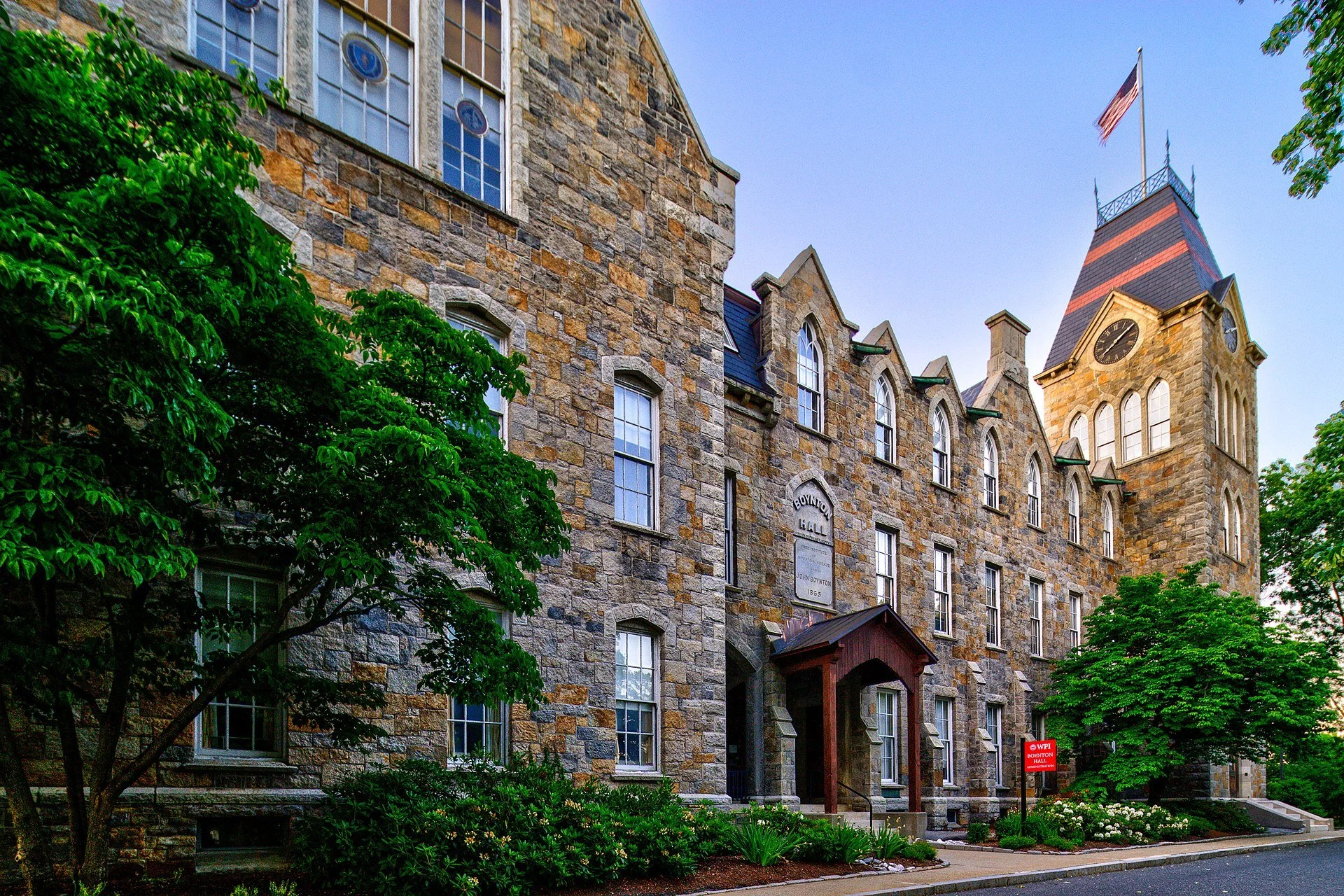Amistad High School, in New Haven is, according to U.S. News & World Report, the third best high school in Connecticut on account of its success with a disadvantaged student population.
But last week those students let the world know how unhappy they are with the school. They walked out without first attempting to discuss their grievances with school administrators -- and rather than discipline them for their disruption and rudeness, school administrators nervously praised them for their "leadership," as if the school would welcome a student walkout every day.
The main complaint of the students, 98 percent of whom are black or Latino, involved the supposed lack of racial diversity of Amistad's staff. While the school says 27 percent of its staff are black, Latino, or multi-racial, up from 21 percent a year earlier, the students complain that few of these staffers are teachers -- and that this is crucial because black and Latino students can't relate to white teachers.
As one student told the New Haven Independent: "Growing up without a father figure, I always looked to find one inside the classroom. A Caucasian male would never be able to teach me how to live in a society that still looks down at skin of my color."
Of course the assertion that the races can't relate is the essence of racism. That such a claim is coming from Amistad High may have the old Southern segregationist governors who resisted Brown v. Board of Education laughing in Hell and exclaiming, "We told you so!"
Meanwhile, white teachers who, out of idealism, chose to work with disadvantaged kids in a poor city rather than well-to-do kids in a prosperous suburb may think: If people of different races can't relate and won't even try, why did we bother? Why does anyone?
Yes, to some extent racial diversity is a virtue, mostly a political one, but competence is a higher virtue, and given the country's history of slavery and racial discrimination it will be a while before the share of the black population that is qualified for professional employment equals the share of the white population that is qualified. Qualified blacks are in high demand for all sorts of professional positions throughout the country, and Amistad High is only one of thousands of institutions that wishes it could find more of them.
Indeed, school administrators might have told the protesting students that the school's very purpose is to qualify them to become what they and the school wish they had more of now.
The students had secondary grievances -- disciplinary incidents they considered unfair and various rumors that no one had bothered to verify or discredit. The administrators tried to rebut it all.
Parents of Amistad students had grievances, too. One told The New Haven Register that something must be wrong at the school because it rejected her for a teaching job. Her resentment indicated that Amistad's students are not alone in having come to recognize the school as an opportunity for racial patronage.
Despite the disruption and the loss of a day of study on the eve of final exams, Amistad administrators cowered in the racial guilt that the students had hurled at them.
The administrators glorified the walkout as a success for the school, assured the students that they had been heard, and promised to do better to diversify the staff.
The students probably learned from their walkout something that these days unfortunately may be of more practical value than English, math, history, and science -- that no matter how unfair, misleading, opportunistic, or stupid they are, racial grievances pay immediate dividends because so few people dare to talk back to them.
While Amistad High says it wants to create leaders, there are different kinds of leaders, and the school may have just given a start to the next Al Sharpton or Jesse Jackson -- may have just helped create the next national race hustler.
Chris Powell is managing editor of the Journal Inquirer, in Manchester, Conn.














